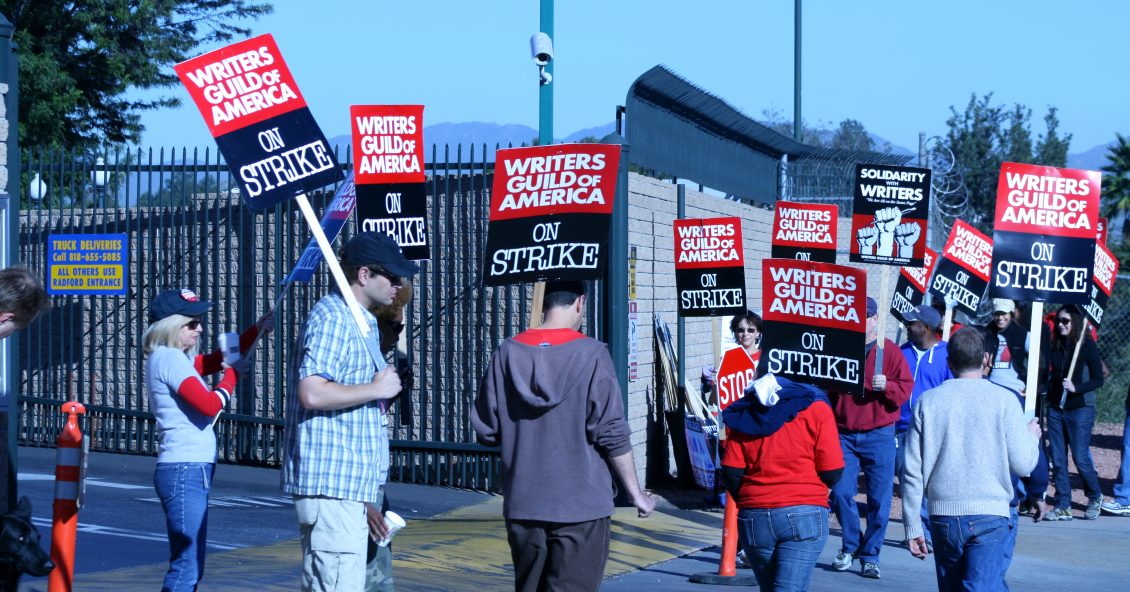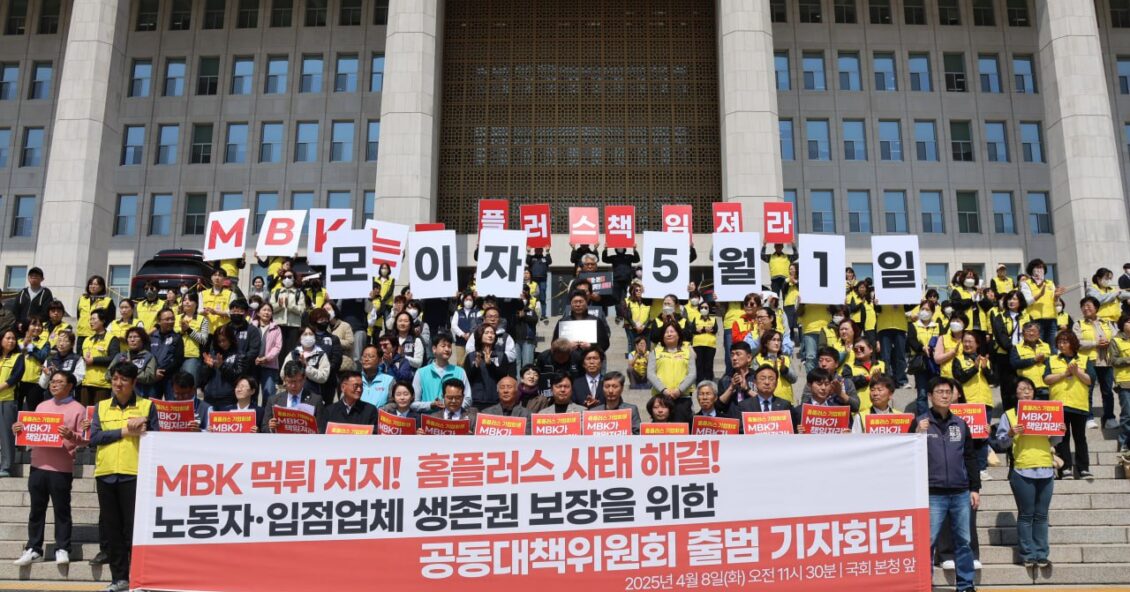U.S. writers authorize strike action for a fair contract
20.04.23
Film and television writers in the United States have voted overwhelmingly in favour of strike action that could shut down that country’s entertainment industry.
Some 9,000 writers, who are members of UNI Global Union affiliates the two U.S. Writers’ Guilds (WGA-East and WGA-West), authorized leaders to call for a walk out if their union fails to reach an agreement with the Alliance of Motion Picture and Television Producers (AMPTP) when their contract expires on 1 May.
The vote was approved by a resounding 98 per cent of members with record turnout of nearly 80 per cent.
The WGA Negotiations Committee issued a statement after the vote:
“Our membership has spoken. Writers have expressed our collective strength, solidarity, and the demand for meaningful change in overwhelming numbers. Armed with this undeniable demonstration of unity and resolve, we will continue to work at the negotiating table to achieve a fair contract for all writers.”
The unions say the Alliance of Motion Picture and Television Producers, which is negotiating on behalf of production companies, is refusing to make meaningful responses on the core economic issues in any of the WGA’s primary work areas — screen, episodic television and comedy-variety.
Ellen Stutzman, Chief Negotiator for WGA, said:
“Every aspect of the contract that makes it possible to survive in this business – pension, health, minimum pay, residuals – has been won by previous generations of writers who took a stand when it was necessary. This week, our members have shown that they are willing to do so again to protect the future of their profession.”
The unions are demanding better pay as compensation have declined over recent years. The rise of streaming services has led to shorter employment and lower pay for many writers. In addition, global streaming services currently underpay ‘residual’ payments to writers for reuse in international markets. This means that a television show on a streaming platform can be a global success without writers being fairly compensated for this reuse.
Lowell Peterson, National Executive Director of the WGA East and a member of the UNI MEI Executive Committee, said:
“These negotiations are fundamentally about the ability of writers to build and sustain careers. The transformation of how content is commissioned, produced, distributed, and paid has undermined our members’ ability to earn a reasonable living, and we need to address these basic challenges in a meaningful, lasting way.”
UNI’s Media, Entertainment and Art sector (UNI MEI) represents unions in every corner of the globe and throughout TV and film industries. Last year, UNI MEI supported IATSE’s successful negotiations with the AMPTP.
“With the rise of streaming, a lot has changed in the TV and film industries, but one thing hasn’t: writing jobs should be jobs with dignity,” said Johannes Studinger, Head of UNI MEI. “Compensation must reflect the value writers create, and unions from around the world are standing with colleagues of WGA-East and WGA-West. We are speaking with one voice to demand better jobs in TV and film.”


